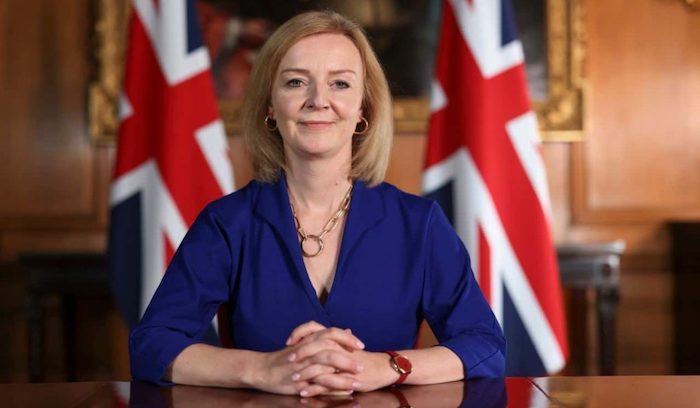After what has been called a “summer of discontent” and as people in the United Kingdom struggle to cope with double-digit inflation and skyrocketing energy prices, Liz Truss has been sworn in as the country’s next prime minister.
Historically, “we have a significant shock to the cost of living and salaries,” said James Smith, research director of the Resolution Foundation.
The new Prime Minister Liz Truss “must make this situation his or her top priority right away.”
For the past few months, everyone from garbage men to lawyers has been walking the picket line in support of a salary raise.
Many people support the strikes, but those who have been inconvenienced by things like train cancellations, overflowing trash cans, and bare shelves are frustrated by them.
Drought in England and Wales, exacerbated by climate change, has dried up crops, triggered wildfires, and caused trees to drop their leaves early, which has led to the current industrial discontent.
But many families are shivering now because they know that energy bills will increase dramatically in winter.
The Financial Times made the witty remark, “It’s summertime in the UK, but the living is everything but easy.”
The publication The Economist recently stated, “Almost nothing seems to be working in Britain,” and warned that “things might grow worse.”
As a result of inflation, the Consumer Price Index reported by the Office of National Statistics this month rose by 10.1% in the 12 months following July 2021, the largest annual increase in 40 years.
To a greater extent than other categories, food and non-alcoholic beverages have become more expensive, with the highest increases seen in staples like milk, cheese, and yoghurt.
This comes at a time when low-income people have been impacted most by inflation’s sharp decline in real earnings.
According to the highly regarded Institute for Fiscal Studies (IFS), “these price spikes have rendered the country worse off and many or all of us may ultimately lose out as a result.”
The number of students who qualify for free school meals has increased by about 1.9 million since 2021, a symptom of rising poverty.
Meanwhile, the UK energy regulator is about to allow suppliers to charge consumers significantly more to account for high worldwide wholesale prices.
The United Kingdom has some of the oldest and least energy-efficient housing stock in Europe, and the country has been notoriously hesitant to adopt environmentally friendly technologies like heat pumps.
Smith from the Resolution foundation mentioned large families and persons with disabilities as examples of those most likely to be affected by the high costs of energy.
He foresaw “serious suffering and possibly destitution” as a likely outcome.
Prepayment meters are often used by Britain’s poor, who therefore have little choice but to pay for their entire year’s worth of energy all at once.
Low- and middle-income families would benefit from a “social tariff” reduction of 30 percent, as advocated by the Resolution Foundation.
Smith added, “in a manner we’ve got the worst of both worlds” because the United States is suffering economic overheating and rising inflation while Europe is also experiencing a major energy shock.
The majority of British homes, according to research from the University of York, would be in “fuel poverty” in the new year, spending more than 10 percent of their net income on energy costs.
Severe repercussions are predicted by experts.
‘Within a few weeks, a lot of families will have to decide whether to eat or heat their homes.
Dan Paskins, head of UK Impact at Save the Children, said, “Yet we still do not yet have a plan from the UK government that addresses the urgency or severity of this energy pricing catastrophe.”
Workers on trains, buses, docks, in the mail service, and even some criminal attorneys have gone on strike this “hot strike summer” to demand wage increases to keep up with inflation.
Council workers who collect garbage in Edinburgh, Scotland, went on a stinky strike just around the time of the city’s internationally renowned arts festival.
In a move that may disrupt shipping, dockworkers at the key container port of Felixstowe, in eastern England, have gone on strike.
The right-wing media has started making comparisons between the current wave of strikes and the widespread strikes of the 1970s.
“the strikers in 2022… are acting from a position of vulnerability,” the National Institute of Economic and Social Research said.
According to the report, unions are only representing roughly 23% of the workforce at now.
The labor market is competitive because of Brexit, Covid, and other factors that have led to a shortage of available workers.
Airports, which had to lay off specialized workers during the Covid epidemic, have been struck hard, leading to long lines for tourists and canceled flights.
